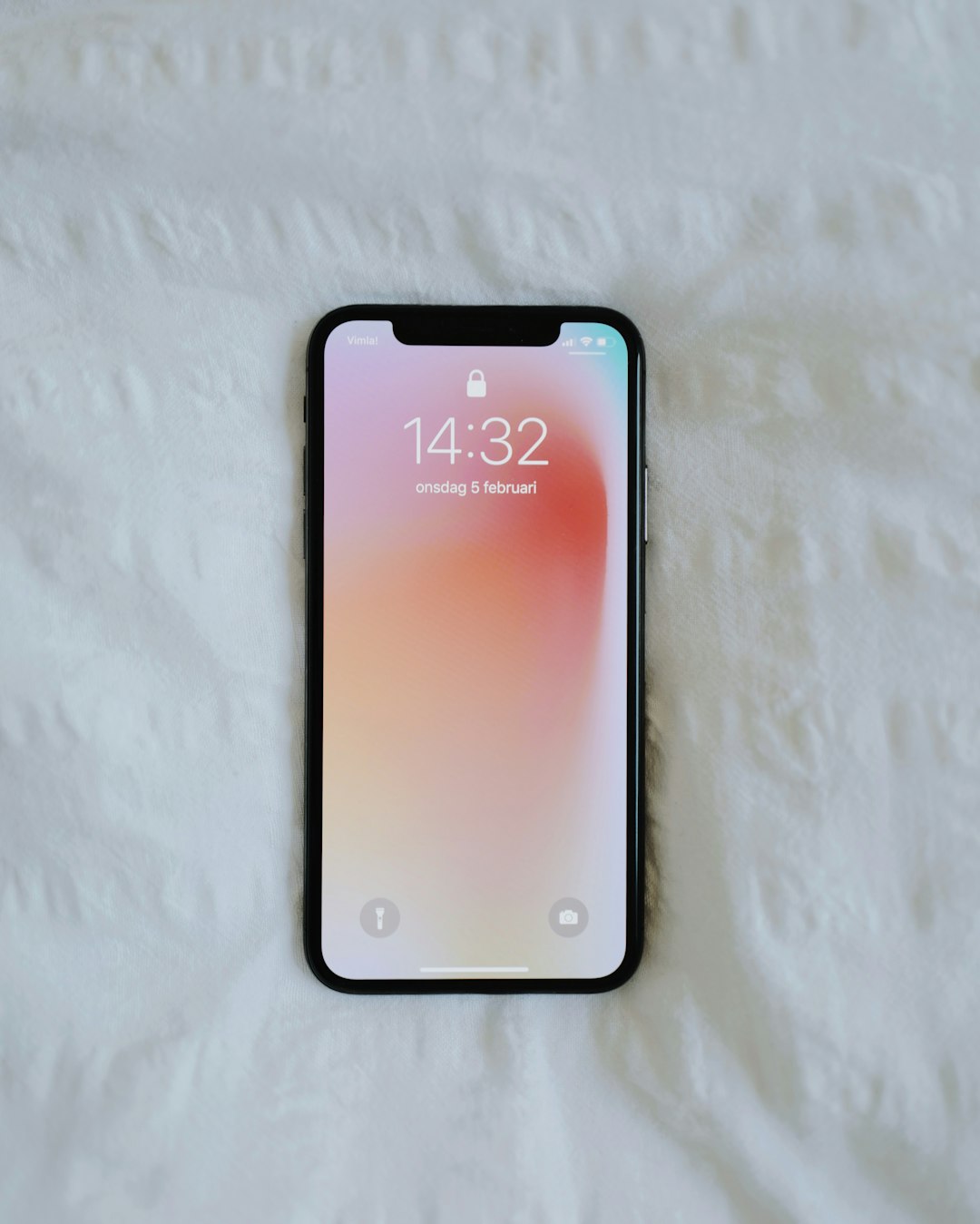Virginia's stringent text message privacy laws, including the "Do Not Call" registry, protect residents from unsolicited marketing texts and empower them to control their personal data. These regulations limit business communications unless explicit consent is given, ensuring confidentiality and preventing harassment. By understanding and adhering to these laws, both consumers and law firms can safeguard sensitive information, maintain privacy rights, and avoid potential legal consequences. In case of violations, such as unwanted text messages or intercepted communications, the Virginia Division of Consumer Affairs (VPCA) offers support and enforces penalties against non-complying businesses.
In Virginia, text message privacy rights are a vital aspect of modern legal protections. With increasing communication through digital means, understanding state laws is essential for all residents. This article delves into Virginia’s text message privacy laws, clarifying who is protected, what information is considered confidential, and the enforcement mechanisms in place to safeguard your rights. By exploring these key areas, individuals can ensure their private conversations remain just that—private.
Understanding Virginia's Text Message Privacy Laws

Virginia’s text message privacy laws are designed to protect individuals from unsolicited and invasive communication, particularly in the context of marketing and advertising. The state has implemented measures to ensure that consumers have control over their personal information and the way it is used for commercial purposes. One key aspect is the “Do Not Call” registry, which allows residents to opt-out of receiving telemarketing messages, including text ads. This registry is a powerful tool for Virginians to safeguard their privacy and avoid unwanted messaging.
By adhering to these regulations, businesses operating in Virginia must obtain explicit consent from individuals before sending promotional texts. This means that companies cannot bombard consumers with unsolicited messages, giving rise to a more secure and respectful communication environment. For those concerned about their privacy rights, understanding and utilizing these laws are essential steps in protecting oneself from potential harassment or misuse of personal data.
Who is Protected Under These Laws?

In Virginia, text message privacy laws are designed to protect all individuals from unauthorized access and use of their personal communication. These laws extend to any form of electronic communication, including text messages, sent between private parties. The protections are broad and encompass both the sender and recipient of a text message, ensuring that their conversations remain confidential.
The Virginia Do Not Call laws further reinforce these privacy rights by limiting how businesses can contact individuals via text message. These laws prohibit unsolicited text messages from certain types of organizations, providing additional safeguards for citizens’ privacy. As such, residents of Virginia are ensured that their text communications are secure and not subject to unwarranted intrusion, unless they explicitly consent otherwise.
What Information is Considered Confidential?

In Virginia, text messages are afforded a level of privacy protection, and what is considered confidential within them is crucial to understand. Any message sent via text that includes personal or sensitive information can be protected under state laws designed to safeguard private communications. This includes details such as financial data, medical records, addresses, social security numbers, and even intimate conversations. The Virginia Do Not Call Registry, while primarily focused on telemarketing calls, also extends to text messages, providing an additional layer of protection for residents who wish to limit unsolicited communication.
The confidentiality of text messages is not just about the content; it’s also about the context in which they’re sent and received. For instance, texts exchanged between friends or family members regarding personal matters are generally considered private. Even if a message is forwarded or shared inadvertently, it’s protected as confidential information under Virginia law. This privacy right is designed to ensure that individuals retain control over their personal communications.
Enforcement and Penalties: Protecting Your Rights

In Virginia, the protection of text message privacy is enforced through a combination of state laws and regulations. If your rights are violated, such as receiving unsolicited texts or having your private messages intercepted, you have legal recourse. The Virginia Division of Consumer Affairs (VPCA) plays a crucial role in investigating complaints related to telemarketing and text messaging practices. They can take action against businesses that disregard the law, including issuing fines.
The penalties for violating text message privacy laws can be significant. Businesses found guilty of unauthorized text messaging or other privacy breaches may face substantial financial consequences, with damages potentially awarded to affected individuals. To protect your rights, it’s essential to know and understand the laws governing text message privacy in Virginia. Consider seeking legal advice from a qualified professional rather than contacting law firms directly if you believe your privacy has been infringed upon.






